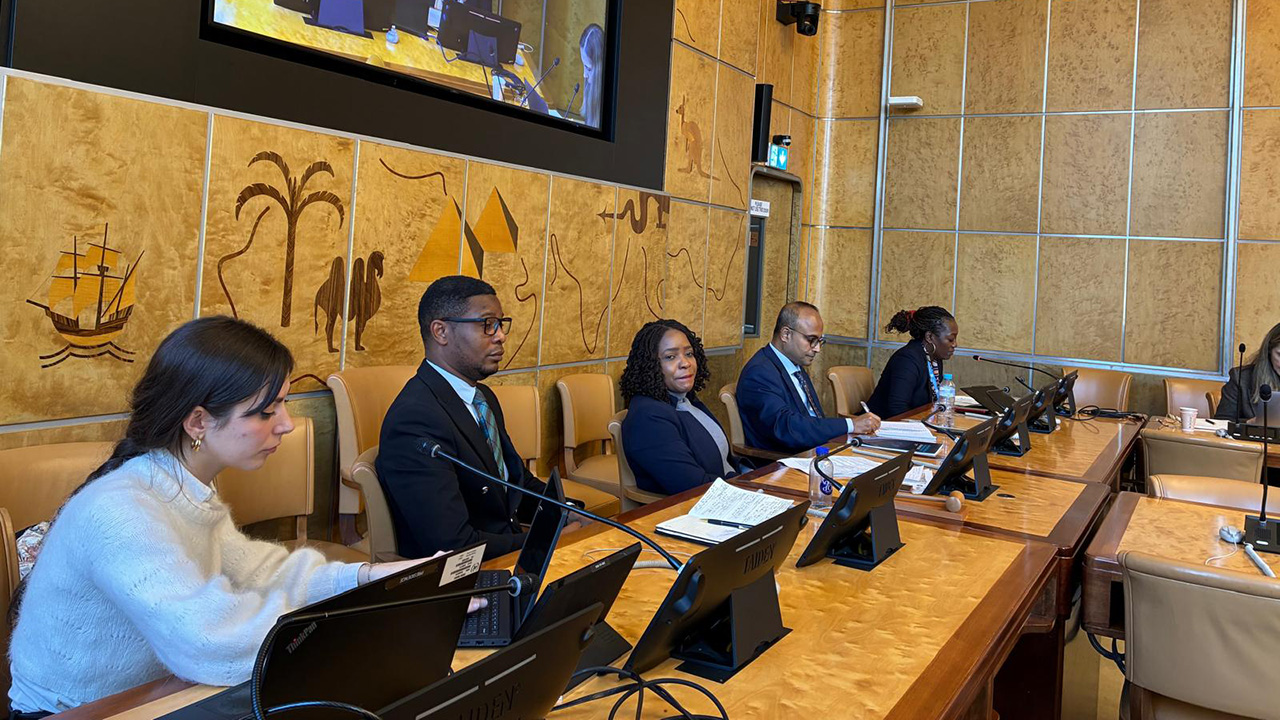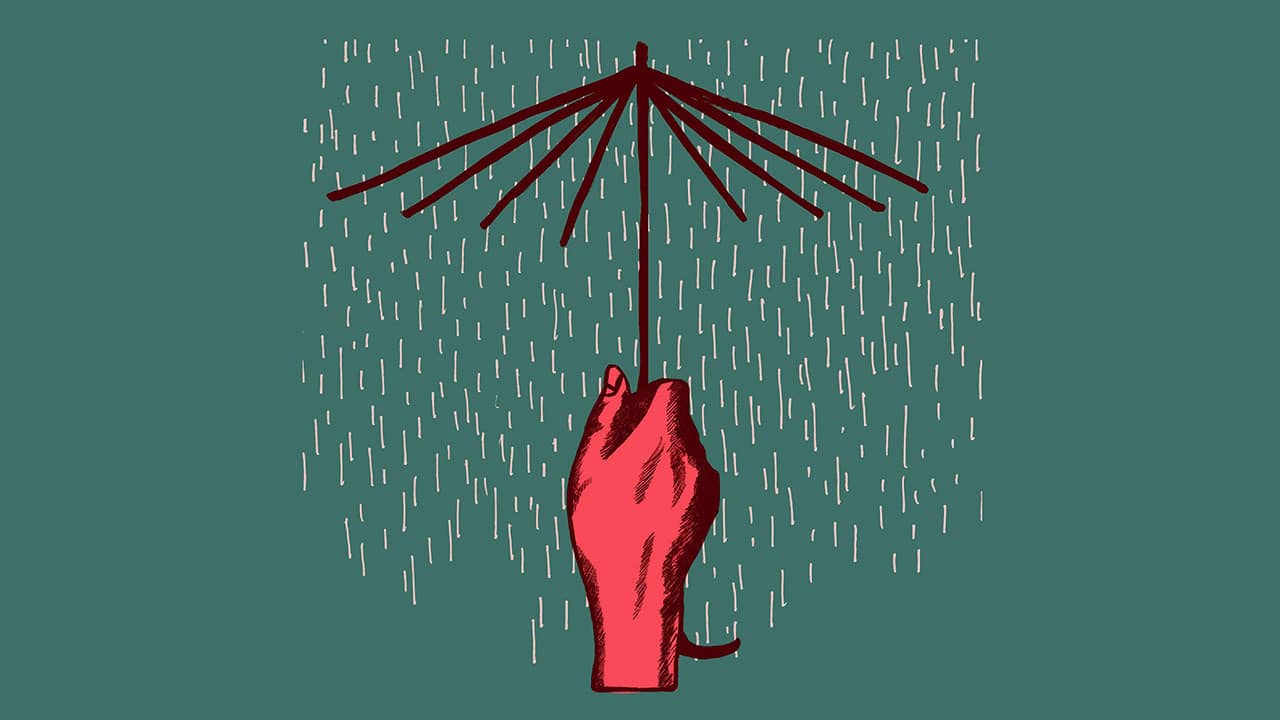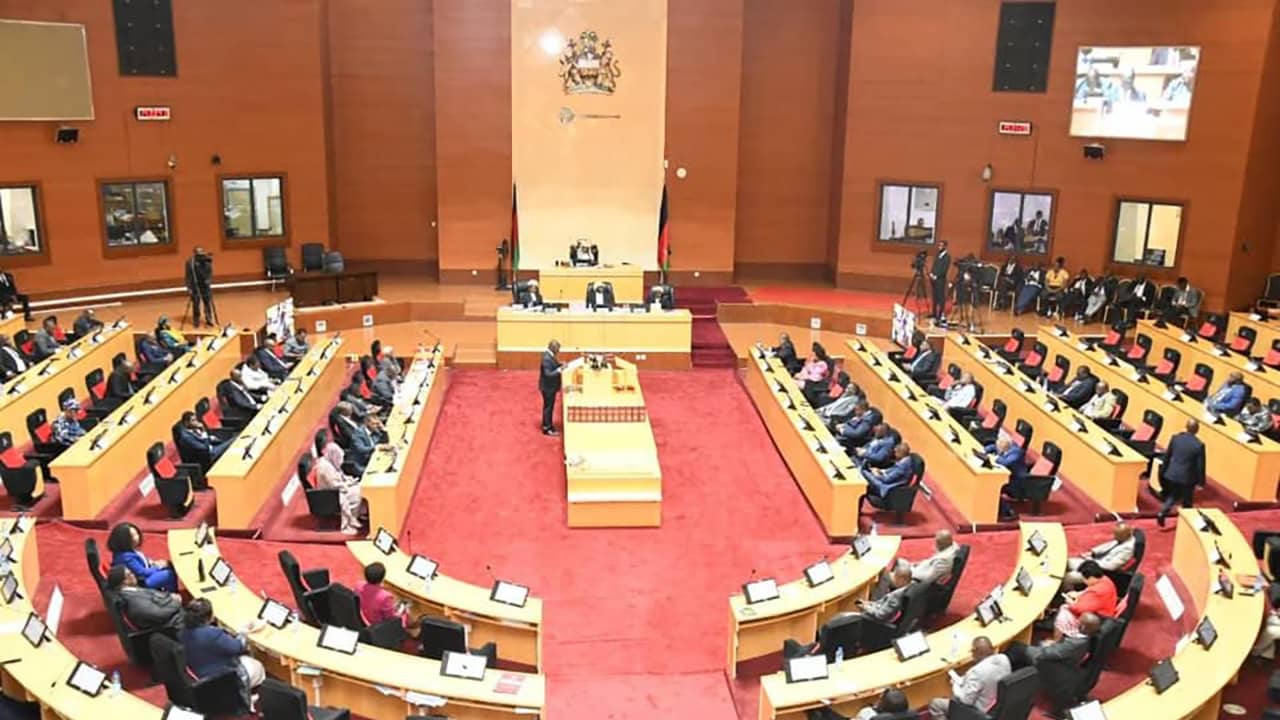
Parliamentarians for Global Actions (PGA) welcomes Armenia’s reaffirmation of its commitment to the abolition of the death penalty in all circumstances, by completing the ratification process for Protocol No. 13 to the European Convention for the Protection of Human Rights and Fundamental Freedoms, concerning the abolition of the death penalty in all circumstances on 19 October 2023. While Armenia was already a State Party to the Protocol No. 6, which provides for the abolition of the death penalty in peacetime, the ratification of Protocol No. 13 represents an additional step forward for the country, as it provides comprehensive protection against capital punishment in all circumstances. This successful accomplishment also holds special significance, as it aligns with the 20th anniversary of the entry into force of Protocol No. 13. Armenia has now become the 45th Member State of the Council of Europe to have ratified this instrument.
The ratification comes 2.5 years after the ratification of the Second Optional Protocol to the International Covenant on Civil and Political Rights (ICCPR), aiming at the abolition of the death penalty (ICCPR-OP2)by the Government of Armenia which took place on 18 March 2021. In becoming the 89th State Party to this instrument, Armenia achieved a significant milestone in its journey towards upholding human rights. Armenia’s Constitution, under Article 24, paragraph 3, already prohibits capital punishment and protects the right to life.
As part of its Campaign for the Abolition of the Death Penalty, PGA supports the promotion of international norms prohibiting the death penalty, through their ratification, accession, or adoption. PGA further offers various resources for Parliamentarians dedicated to pursuing the abolitionist path and ensuring a criminal justice system that is as fair as possible.
About the Campaign for the Abolition of the Death Penalty
The goal of the campaign launched by PGA in 2013 is to ensure the right to life is upheld and to promote justice systems grounded in the rule of law, in line with SDG 16, particularly target 16.3. Parliamentarians have a crucial role to play in the movement to restrict the use of the death penalty and ultimately abolish it through drafting legislation; deliberating on national policies; and enlightening public opinion.
Over the years, PGA members have:
- Contributed to reducing the scope of the death penalty, abolishing it altogether, blocking its reintroduction or the resumption of executions, or ratifying relevant international instruments in Malaysia, Uganda, and the Philippines.
- In the United States, PGA member Rep. Renny Cushing won a decades-long legislative battle to make New Hampshire the 21st US State to abolish the death penalty.
- Supported related initiatives in the Central African Republic, Democratic Republic of Congo, India, and Kenya







